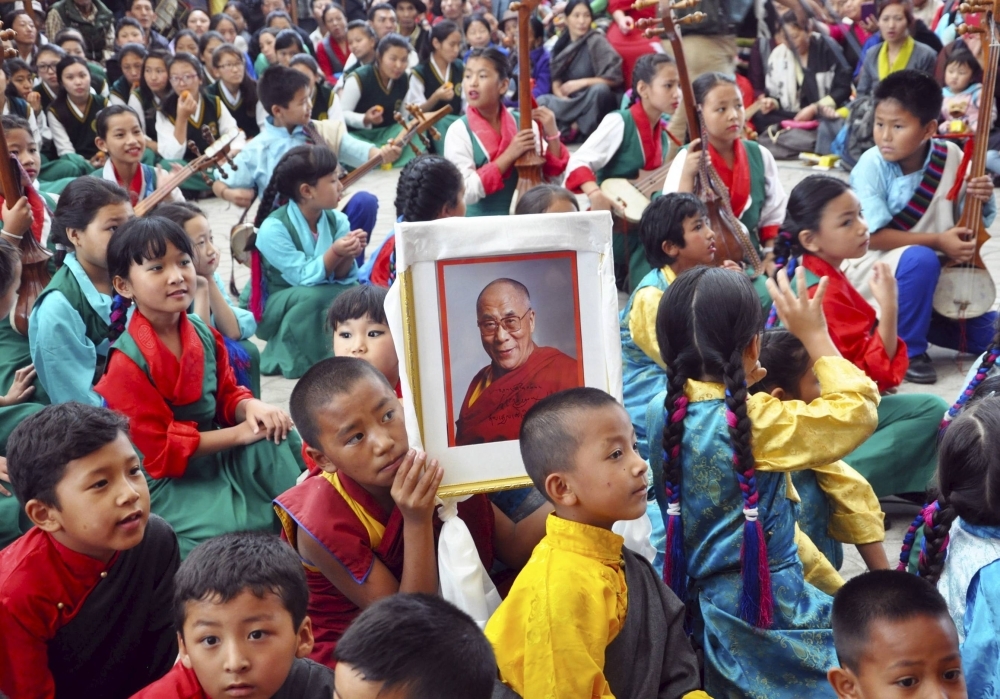
Tsewang Gyalpo Arya, a key figure associated with His Holiness the Dalai Lama, has voiced concerns over China‘s influence in the selection process for the reincarnation of the Dalai Lama. In an opinion piece for The Japan Times, Arya criticizes the Chinese government’s involvement, citing historical distortions and violations of religious freedom.
The current Dalai Lama, Tenzin Gyatso, is 88 years old and holds a significant place in Tibetan Buddhism as the highest spiritual leader. Arya emphasizes the importance of the tulku system, a unique tradition in Tibetan Buddhism where enlightened beings are believed to be reborn to continue their spiritual work.
China‘s assertion of control over this process, through laws like Order No. 5 and Order No. 19, has been described as a breach of both international human rights and China‘s own constitution. Arya points out the contradiction in an atheist government dictating terms in a deeply religious matter, referencing Mao Zedong’s infamous view of religion as “poison” and the subsequent persecution of Tibetan religious practices and institutions.
ALSO READ: China’s New Battlefield: History Warfare Over Tibet and Xinjiang
Arya refutes China‘s historical claims to authority over the reincarnation process, arguing that the titles and recognition historically given to the Dalai Lamas were not under Chinese jurisdiction but were instead part of a mutual respect between Tibetan leaders and foreign rulers like the Mongol kings.
The article highlights the significance of the golden urn, a method suggested by Qing rulers for selecting reincarnations. However, Arya notes that this method was rarely used and emphasizes the broader belief that tulkus can be reborn anywhere, a choice that should remain with the individual.
In a strong statement from 2011, quoted by Arya in The Japan Times, the 14th Dalai Lama declared that the decision of his reincarnation rests solely with him, stressing that it should occur in a free country to ensure the continuation of his spiritual work.
The international Tibetan community and various religious heads have echoed this sentiment, urging China to withdraw from the reincarnation issue. The United States has also voiced its support for this stance through the Tibet Policy and Support Act of 2020, warning against Chinese interference.
Arya concludes by suggesting that respect and understanding of Tibetan religious beliefs by the Chinese government could foster harmony, rather than continued interference in their spiritual matters.
This piece, as shared by The Japan Times, sheds light on the ongoing conflict between the Tibetan spiritual leadership and the Chinese government, underlining the broader issues of religious freedom and cultural preservation.






